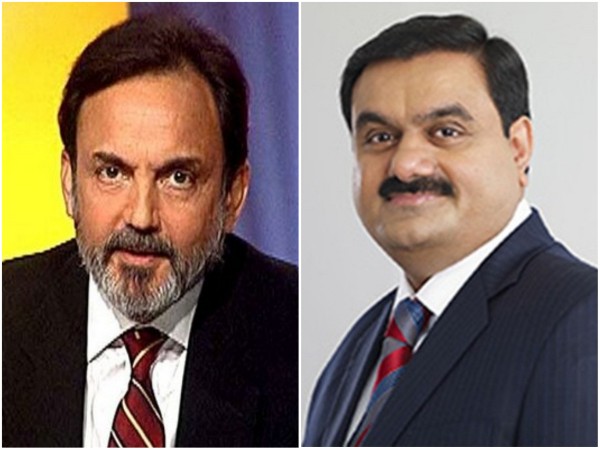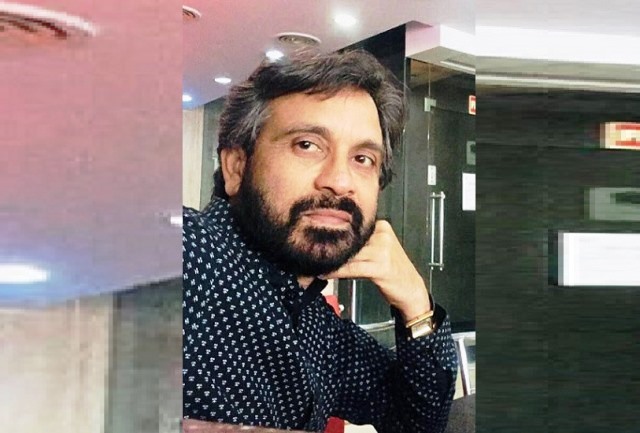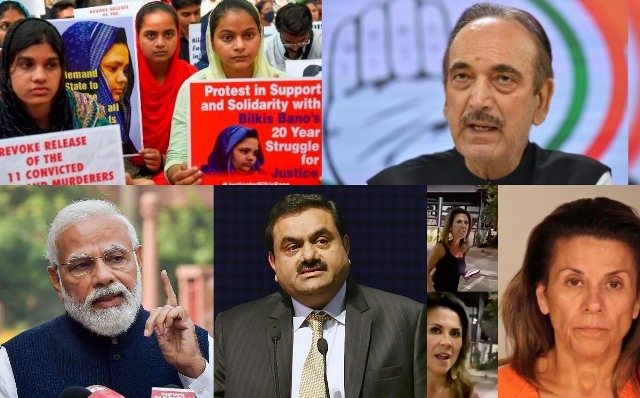Release of 11 gang-rapists is as dastardly as their crime
Fifteen years after they were convicted for the brutal and horrific rape of a pregnant woman during the Gujarat riots of 2002, 11 men who were sentenced to life imprisonment, walked out of a prison in Godhra recently. Their release, ordered by the state government under an old remission policy dating back to1992, set off ripples of shock across India. But when the men, accused and found guilty of the heinous crime, walked out, they were welcomed by a bunch of people with garlands and sweets.
The incident sharpens the focus on two issues. First, it is how the authorities (read government) can brazenly use old laws and archaic provisions to serve purposes that are either politically motivated or communally discriminated against. And second, how the schism of divisiveness in Indian society has been constantly widening.
There has been widespread outrage against the release of the 11 men who were charged and accused of raping a young pregnant Muslim woman during the communal riots that rocked Gujarat in 2002, when Prime Minister Narendra Modi was the chief minister of that state and his close aide and current Union home minister Amit Shah was the his home minister in the state.
The irony of the entire affair– the gang rape, the conviction of the accused and the more recent release of them from prison– is the fact that the woman who was the target of the 11 men who raped her has been constantly named in media reports and official accounts of the case. Everyone, including so-called liberal activists, have been repeating her name everywhere. Does anyone know the names of any of her accused and convicted rapists?
The other aspect of the release of the criminals is the provision of remission. Remission is an act of discretion that an executive authority such as a government of a state or the Centre can exercise. The problem is in the discretionary nature of that power. Discretion is something that has to be used with care. In this case, the state government that ordered the release of the men convicted of a dastardly crime has been used in wantonly.
Congress party should ditch the Gandhis
The only time the Congress party makes news is when negative things happen to it. When it loses elections in state after state it is news. When it fails to muster the requisite number of seats in the Lok Sabha to give it the status of being principal opposition party, it is news. When its dynastic leaders–the Gandhi family–is embroiled in financial scandal (as they have been recently) it is news.
Ao when Ghulam Nabi Azad, 73, and a veteran leader of the party, recently resigned from every post that he had held and the primary membership of the party, it was news that was, unsurprisingly, negative.
In his lengthy resignation letter, Azad, who has held several portfolios in the Union cabinet and has been chief minister of Jammu & Kashmir, has unambiguously charged Rahul Gandhi with “childish behaviour” and immaturity and of letting a “coterie of inexperienced sycophants” run the party.
Those charges are sharp but precise. But they are also too late. The Congress party has been in a state of collapse for a while. Run as a fief by the mother and son duo of Sonia and Rahul, the party and its saga have become a tragic comedy that has long back ceased to be even remotely funny.
While Azad’s departure marks the exit of a veteran leader, the Congress has been losing talented people in droves. The Gandhis clearly have little clue about how to fix the problem in their party. But then that is because they themselves are the problem.
Narendra Modi is a topper… again
Surveys and rankings are always exercises that are disputed. But they have always been popular as “click bait” news that people get drawn to. So, when Morning Consult, a global decision intelligence company, recently released a survey that put India’s Prime Minister Narendra Modi on the top with a 75% approval rating, it caught all the eyeballs.
According to Morning Consult’s survey, Modi’s approval was higher than that of the US president Joe Biden who came fifth with a 41% approval rating and other leaders such as Canadian President Justin Trudeau at 39% and Japanese Prime Minister Fumio Kishida at 38%.
While Modi’s detractors will fume and fret over a survey such as this and, as is known, surveys depend on the size and quality of the samples, the fact remains that on the Indian firmament, Modi is head and shoulders above any other political leader of his time.
Adani emerges on the media scene
Globally as well as in India, mainstream media groups have been struggling for a while. Many of them are closely held and not obliged to publicly reveal their financial status. The shift to online consumption of news and other content, which was followed by the decline of print and broadcasting advertising revenues has been the main reason for their plight.
In India, mainstream media is more dependent on advertising revenues than in other markets because subscription revenues have been historically low. This has meant that newsrooms across the country have witnessed downsizing and closures. It has also meant sellouts. And frequently, the buyers have been large business houses with big media ambitions often fuelled by a desire to burnish their image or wield influence on the political system and authorities.
Last week, Gautam Adani, India’s fastest rising billionaire (whose links with the Prime Minister Narendra Modi are well known) took a step towards buying up NDTV, one of the country’s most reputed media houses best known for its television news channel with independent views. Many perceive NDTV as one of the few mainstream media groups that are free of government influence and unafraid to critique the authorities. In that context, Adani’s takeover of the company seems ironic. Does it mean another one will soon bite the dust?
Four Indian women and a Mexican enter a parking lot
In a small Texas town named Piano (population 285,000) a drama unfolded in a parking lot outside a restaurant. Four Indian women, ostensibly naturalised US citizens, who were leaving the restaurant were accosted by a slightly-built woman who hurled racial slurs at them, telling them that they should go back to India. The incident became news because one of the Indian women recorded it on her phone and the clip became viral.
The accuser happened to be a Mexican-American who claimed on camera that she was born in the US and not naturalised like the Indian women, implying that she was superior to them.
Racism is rampant across the world and Indians often face the brunt of it. The problem often is one of assimilation and integration into cultures that are different. Economic strife, particularly in the wake of the Coronavirus pandemic, can sharpen the divisive animosity against immigrants. The video from Piano is perhaps just a small symptom of a more prevalent trend.


